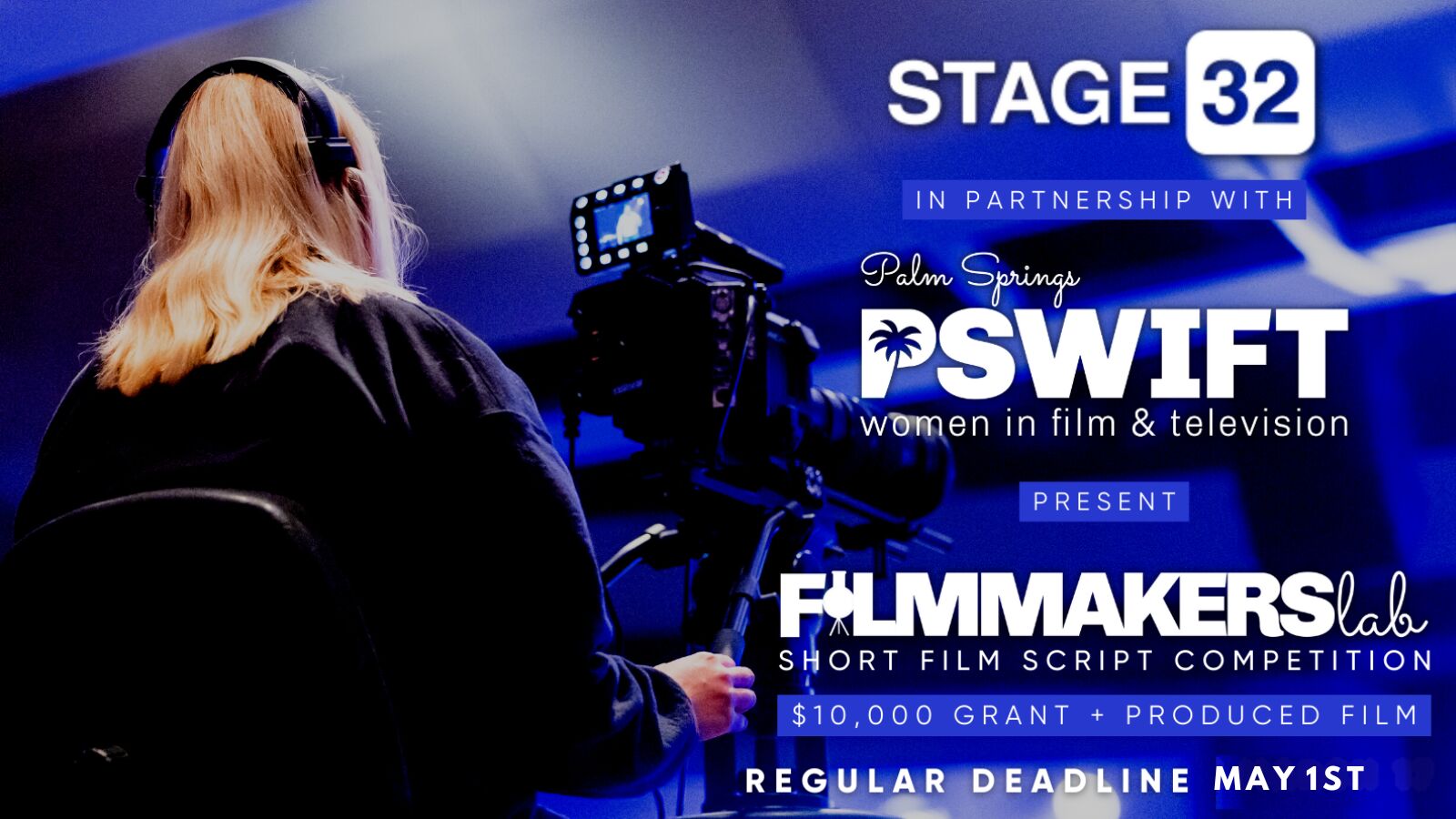It's like this, see: a prod has a barrage of pitches lined up. A bunch of pure text tomes and maybe a graphic novel or two to consider for adaptation. But here's the thing, right? A picture is worth a thousand words, and a novel is well... a thousand pages. Thousands and thousands of words. The same 26 characters splashed onto page after page after... nuf said. So then there's this graphic novel, and by crikey, it's an awful lot like a storyboard but with way better graphics.
So tell me, what you think knocks a pitch for six. Anyone with experience? Really, I'm serious here.
And while you're at it, know of any good drawing/storyboarding/graphic novelling software? Nudge, nudge, wink, wink. Say no more...



the artist needs to be paid, and you can write the text yourself for free. and it's often easier to write a thousand pages.
Exactly, Arthur Charpentier ! Running off at the mouth (or the keyboard) is cheap. But adding the artwork and cutting out the narrative raises the bar, exponentially. I would think it also ramps up the information (story) delivery by several orders of magnitude.
I'm just wondering how pitches for adaptation have panned out with graphic-novel VS chapter books.
Anyone?
Morgan Aitken, A good story doesn't need pictures.
A screenwriter should learn how to write fascinating stories in one paragraph that other people will like.
My quandary isn't so much, WHAT makes a good story, but what best DELIVERS that story most effectively in the pitching room. In this case, Pitching adaptation rights: what grabs more attention (other than inclusion on the NYT best seller list). I'd love to hear from producers/screenwriters out there that have considered both of these printed mediums for adaptation.
1 person likes this
Not sure I have much expertise, but currently writing a GN adaptation of a previously published work. I'm using Final Draft to write which has a few different GN settings. Not a massive amount of difference between a GN script and a film script. Not sure what you're aim is, but I'm planning on publishing the GN, then doing some tweaking to turn it into a script. Then I have a GN (I didn't pay myself to have illustrated) which gives some added platform (on top of the already published book), plus a script. If you're going to take the time to create a GN, focus on that, and get it published. Then make some tweaks to your GN script and you have a screenplay. Though I've heard of people pitching straight-up GNs without screenplay adaptations. If you take the time to do the GN, at least get some mileage out of it.
1 person likes this
I am a little confused with your question. Are you pitching a graphic novel or a screen play? If you want to produce a graphic novel you go to a publisher. If you want to pitch a screenplay you go to a producer. It might help to reference a graphic novel in your pitch but if you are selling a screenplay then what you are showing is the screenplay. Unless you are creating a pitch book which you can use inserts from the graphic novel to support the screenplay theme.
@Stephen, Stephen, Stephen... (heavy sigh) I'm not pitching. I'm wondering. Wondering what differences pitching a story already in tangible form as a graphic novel VS an actual novel, would engender from a buyer/producer/screenwriter/filmmaker. Mostly, how might the buyer's decision might be affected by the underlying work's format?
For instance: You have a story presented as a 1000 page tome, OR a graphic novel. Which one, and for what reasons, do you think a filmmaker (someone looking for a story to adapt for a visual medium) would prefer one format over the other?
My hypothesis is: a graphic novel, already being several steps closer to the screen by looking like a storyboard, would have an edge over the 1000 page tome.
Of course, I could be wrong. But I'd sure like to find out.
1 person likes this
In my experience, comics/graphic novels have a bit of an edge because the decision-makers can look at it while you're pitching and "get" it (or not) right away. You can describe a novel to them, even act out the juicy bits if you're a performative type, but the people who make the decisions aren't going to read the thing. They're going to kick it down to a junior-level employee who may or may not actually read it but will provide "coverage" that may or may not accurately represent the book. I've written more than 60 novels and going on 200 comics/graphic novels, and while the comics/GNs have gotten me invited to pitch directly to producers, the novels have not.
Also, there's no real comics-writing software to speak of, and no particular format like there is with screenplays. I was an editor at DC Comics and IDW Publishing for years, and have seen thousands of scripts, each with its own individual style. I write mine in Word. Be happy to provide a sample script if anybody wants to see one, but again, that's just my format and nothing standardized.
1 person likes this
Jeffrey J. Mariotte -- thank you! You understood and answered my question, perfectly. ... Finally, someone's at home and the porch light's on!